Gluten Diet
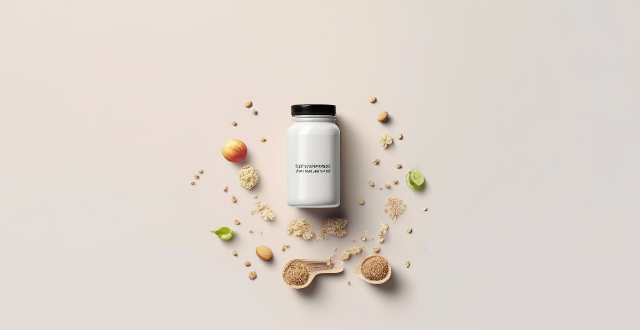
Are there any potential side effects of switching to a gluten-free diet ?
Switching to a gluten-free diet can have several potential side effects, including nutrient deficiencies, digestive issues, weight gain, headaches and fatigue, and higher cost. It is important to be aware of these potential side effects and take steps to ensure adequate nutrition on a gluten-free diet. Consultation with a healthcare professional is recommended before making any significant changes to your diet.

Are there any health benefits to eating a gluten-free diet even if you don't have an allergy or intolerance ?
Eating a gluten-free diet has become increasingly popular in recent years, with many people choosing to eliminate gluten from their diets for various reasons. However, the question remains: are there any health benefits to eating a gluten-free diet even if you don't have an allergy or intolerance? ### Possible Health Benefits While the scientific evidence is limited and often conflicting, some studies suggest that a gluten-free diet may offer certain health benefits, even for those without celiac disease or gluten sensitivity. Here are a few potential advantages: 1. **Improved Digestive Health** - Some individuals report fewer digestive issues when they avoid gluten, such as bloating, gas, and diarrhea. 2. **Reduced Inflammation** - Gluten can cause inflammation in some people, which may contribute to chronic diseases like heart disease and diabetes. A gluten-free diet might help reduce this inflammation. 3. **Weight Loss** - Since many gluten-free products are lower in calories and fat than their gluten-containing counterparts, switching to a gluten-free diet could potentially lead to weight loss. 4. **Better Nutrient Absorption** - For those with undiagnosed gluten sensitivity, avoiding gluten may improve nutrient absorption and overall gut health. 5. **Increased Energy Levels** - Some people claim they feel more energetic after eliminating gluten from their diets, possibly due to improved digestion and nutrient absorption. ### Potential Downsides It's important to note that a gluten-free diet isn't necessarily healthier for everyone, and it can have its drawbacks: 1. **Nutrient Deficiencies** - Gluten-free foods often lack essential nutrients found in whole grains, such as fiber, B vitamins, iron, magnesium, and selenium. 2. **Higher Cost** - Gluten-free products tend to be more expensive than their gluten-containing counterparts. 3. **Processed Foods** - Many gluten-free alternatives are highly processed and contain added sugars, fats, and sodium to improve taste and texture. 4. **Social Challenges** - Dining out or attending social events can be more difficult on a gluten-free diet due to cross-contamination risks and limited menu options. 5. **Lack of Scientific Evidence** - There isn't enough research to support the idea that a gluten-free diet provides significant health benefits for people without allergies or sensitivities. ### Conclusion While a gluten-free diet may offer some potential health benefits for individuals without celiac disease or gluten sensitivity, these benefits are not guaranteed and should be weighed against the possible downsides. It's always best to consult with a healthcare professional before making significant changes to your diet, especially if you suspect you have an allergy or intolerance.
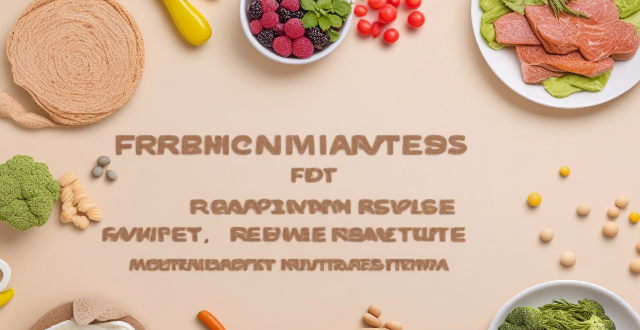
How can I maintain a balanced diet while following a gluten-free lifestyle ?
The text provides tips on maintaining a balanced diet while following a gluten-free lifestyle, emphasizing the importance of whole foods, gluten-free grains, healthy fats, protein, fiber, limiting processed foods, and staying hydrated. It suggests seeking professional advice if needed.

Can you suggest any delicious gluten-free recipes ?
Gluten-free recipes are becoming increasingly popular as more people are diagnosed with celiac disease or choose to follow a gluten-free diet for other reasons. Here are some delicious and easy-to-make gluten-free recipes, including pancakes, oatmeal, sandwiches, and salads.
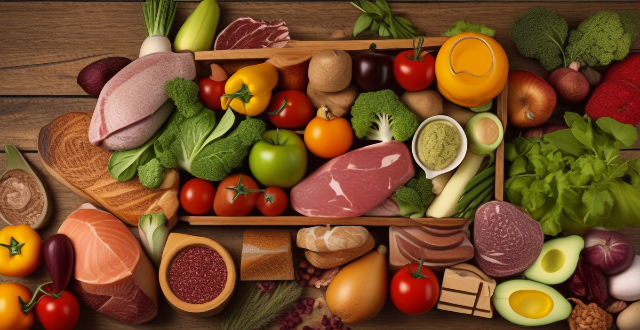
What are some good options for gluten-free lunch box meals ?
Gluten-free lunch box meals offer variety and nutrition for those with dietary restrictions. This guide suggests sandwich alternatives, protein-packed options, vegetable-focused meals, grains and legumes, and desserts and snacks that are gluten-free. It encourages creativity in meal planning to ensure enjoyable and nutritious midday meals.
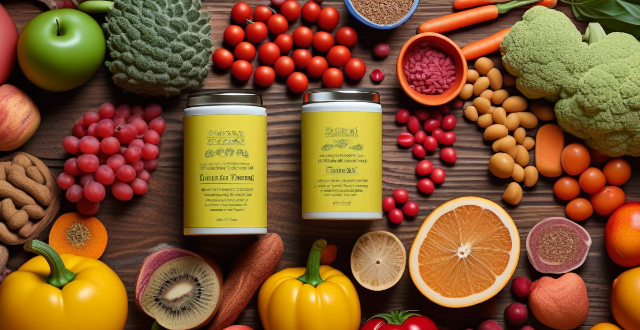
How does going gluten-free affect children's nutrition ?
Going gluten-free can affect children's nutrition by reducing their intake of protein, vitamins, minerals, and fiber. To ensure they receive all the necessary nutrients, parents should include alternative sources of protein, such as beans and nuts, and high-fiber foods like fruits and vegetables. Meal planning is key to ensuring a balanced diet, and shopping tips include reading labels carefully and comparing prices. With careful planning, it is possible to provide children with healthy and delicious gluten-free meals that meet all nutritional needs.
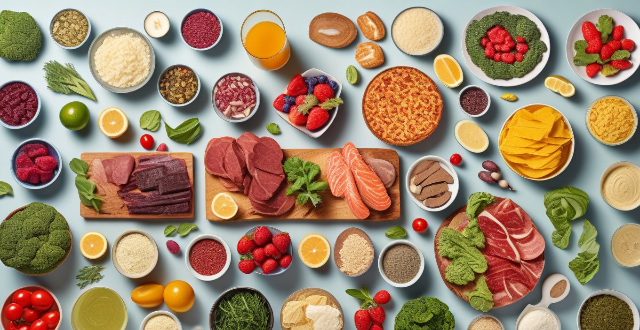
What are some good gluten-free food options for people with celiac disease ?
Celiac disease is an autoimmune disorder that damages the small intestine and requires a strict gluten-free diet. Good gluten-free food options for people with celiac disease include fruits and vegetables, meat and fish, gluten-free grains and starches like quinoa and brown rice, dairy products, nuts and seeds, gluten-free flours and baking mixes, and gluten-free snacks and beverages like popcorn and juices.
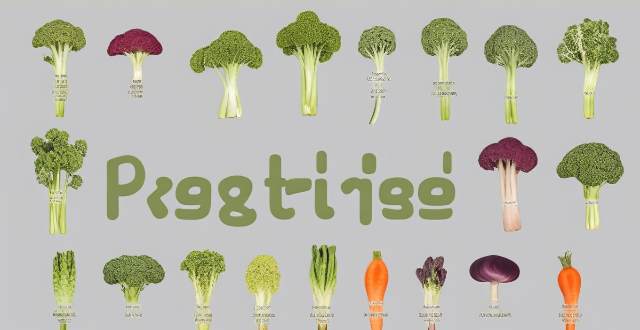
What are some vegetarian recipes that are also gluten-free ?
This text provides three vegetarian and gluten-free recipes that are both nutritious and delicious. The first recipe is for lentil soup, which is a hearty and filling meal. The second recipe is for quinoa salad, which is a great source of protein and makes an excellent base for a salad. The third recipe is for zucchini noodles with pesto sauce, which is a fantastic gluten-free alternative to traditional pasta. These recipes showcase the diversity of flavors and textures that can be achieved on a vegetarian and gluten-free diet.

What are the most common ingredients used in gluten-free baking ?
Gluten-free baking is a method of preparing baked goods without using wheat flour or other sources of gluten. Here are the most common ingredients used in gluten-free baking: Flours and Starches: Rice Flour, Almond Flour, Potato Starch, Tapioca Flour, Cornstarch Binding Agents: Xanthan Gum, Guar Gum, Eggs Sweeteners: Honey, Maple Syrup, Stevia Fats and Oils: Butter, Coconut Oil, Olive Oil

What kind of restaurants offer reliable gluten-free menus ?
Gluten-free menus are becoming more common in restaurants, but it's important to know where to find reliable options. Fast food chains, fine dining restaurants, ethnic eateries, vegetarian/vegan spots, and bakeries/cafes all offer gluten-free items. Look for certifications, check online reviews, and ask questions to ensure safe and satisfying meals.

How do I know if a product is truly gluten-free ?
Gluten-free products are becoming increasingly popular, but it's important to know how to identify whether a product is truly gluten-free. Here are some tips: 1. Check the Label 2. Look for Certifications 3. Read the Ingredient List 4. Be Wary of Cross-Contamination 5. Trust Reputable Brands 6. Ask Questions

Is it more expensive to buy gluten-free products compared to regular ones ?
Gluten-free products are generally more expensive than regular ones due to higher production costs, specialized equipment needs, and a smaller market. The price difference can be significant, with some gluten-free items costing up to double the amount of their gluten-containing counterparts.

What are some dinner recipes that are gluten-free and still taste great ?
Gluten-free diets have become increasingly popular in recent years, not just for those with celiac disease or gluten sensitivities but also for those looking to try a new way of eating. Luckily, there are plenty of delicious dinner recipes that are gluten-free and still taste great. Here are some of our favorites: 1. Grilled Chicken with Roasted Vegetables 2. Quinoa Stuffed Bell Peppers 3. Gluten-Free Pizza
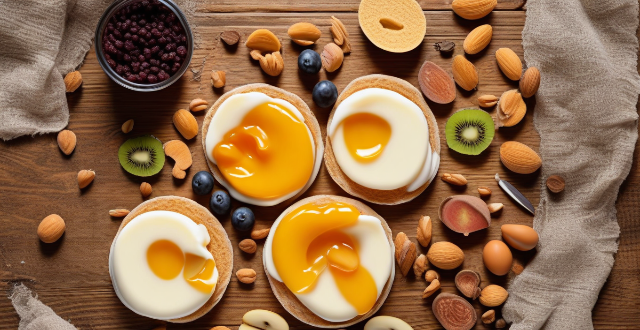
What are some gluten-free breakfast options that don't sacrifice flavor ?
Gluten-Free Breakfast Options that Don't Sacrifice Flavor: Gluten-free pancakes, oatmeal with fruits and nuts, egg dishes, smoothies, gluten-free cereals, and breads are all delicious and healthy breakfast options for those who are gluten-free.
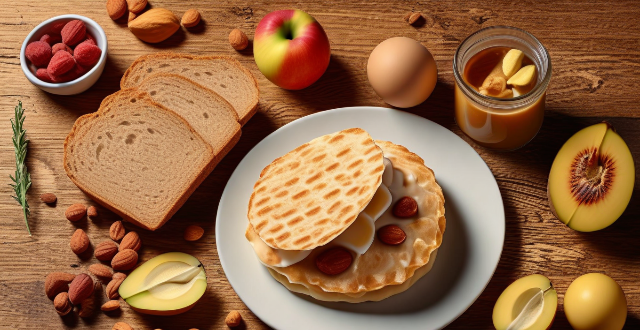
Are there any gluten-free breakfast alternatives that are also healthy ?
Gluten-free breakfast alternatives include oatmeal, eggs, yogurt with fruits and nuts, smoothies, and pancakes made from almond flour. These options provide essential nutrients such as fiber, protein, calcium, and vitamins while avoiding gluten.

Can sports supplements replace a healthy diet ?
Sports supplements can enhance performance and provide targeted nutrients, but cannot replace a healthy diet. Whole foods offer complete nutrition necessary for overall health. Supplements may cause side effects and are expensive. Prioritize a well-balanced diet and use supplements judiciously to support specific goals.
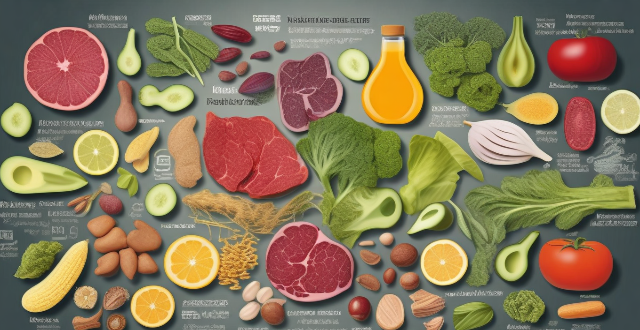
How does diet affect personal health ?
The article discusses the importance of a healthy diet in maintaining good health. It explains what constitutes a healthy diet and its benefits, such as reducing the risk of chronic diseases, improving mental health, managing weight, strengthening the immune system, and improving sleep quality. The article also provides tips for maintaining a healthy diet, including eating a variety of foods, limiting processed foods, watching portion sizes, being mindful of eating habits, getting enough sleep, and staying active.
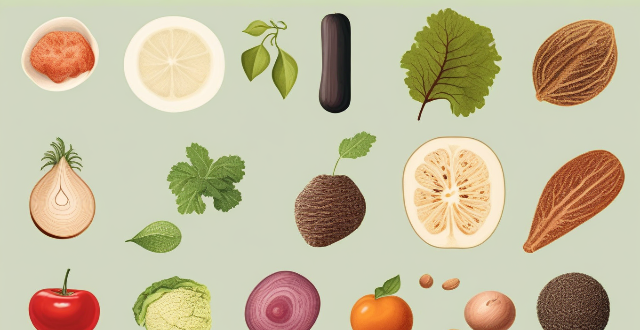
What kind of diet do celebrities follow ?
Celebrities maintain their physique and appearance through various diets, each with its benefits. Clean eating focuses on whole foods, boosting energy and digestion while aiding weight loss. The vegan diet eliminates animal products, reducing the risk of chronic diseases and improving skin health. The keto diet promotes rapid weight loss, increased energy levels, and reduced inflammation. While these diets work for some celebrities, individual needs vary, and it's essential to consult a healthcare professional before making significant changes to one's diet or lifestyle.

What is a good marathon diet plan ?
A good marathon diet plan should provide the necessary nutrients and energy to support an athlete's training and performance during a marathon. It should include a high-carbohydrate diet, protein needs, and healthy fats. A high-carbohydrate diet should provide around 60-70% of total daily calories from carbohydrates, while protein needs should provide around 10-20% of total daily calories. Healthy fats should make up around 20-35% of total daily calories. Good sources of carbohydrates include whole grains, fruits, vegetables, legumes, and low-fat dairy products. Good sources of protein include lean meats, poultry, fish, eggs, nuts, seeds, and plant-based proteins like tofu and tempeh. Good sources of healthy fats include olive oil, avocados, nuts, seeds, fatty fish (such as salmon), and dark chocolate.
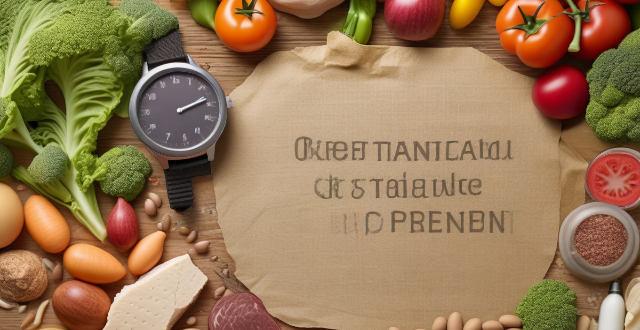
How do I ensure I'm getting enough nutrients on a vegetarian diet ?
This topic discusses the essential nutrients to watch on a vegetarian diet and provides tips for meal planning. It highlights key nutrients such as protein, iron, vitamin B12, calcium, vitamin D, and omega-3 fatty acids and suggests food sources for each. The text also emphasizes the importance of diversifying intake, considering supplementation, having regular check-ups, and working with a professional to create a balanced meal plan. Overall, it offers guidance on ensuring adequate nutrient intake while following a vegetarian diet.
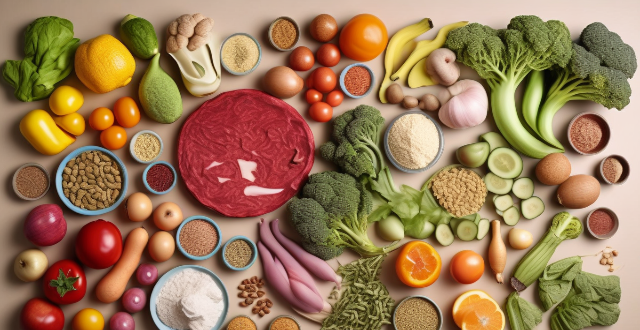
How can a healthy diet improve women's reproductive health ?
A healthy diet is crucial for women's reproductive health, affecting fertility, pregnancy, and menstrual health. Essential nutrients like folic acid and iron support conception and hormone regulation. Calcium, vitamin D, and magnesium can reduce PMS symptoms, while iron-rich and antioxidant-rich foods improve period health. During pregnancy, nutrients like folic acid and iodine are crucial for fetal development, and fiber and hydration maintain maternal health. A balanced diet can also prevent gynecological issues like fibroids and ovarian cysts. Additionally, weight management and mental health through a healthy diet promote overall well-being. Consulting healthcare professionals for personalized dietary advice is recommended.

Can diet and exercise affect memory according to scientific studies ?
Diet and exercise can positively impact memory, asDiet and exercise can positively impact memory, as a healthy lifestyle that promote cognitive while regular physical activity increases blood flow to the brain, reduces inflammation, and promotes the growth of new neurons. Conversely, a poor diet lacking in essential nutrients and lack of exercise can have negative effects on memory over time. Therefore, adopting a healthy lifestyle that includes a balanced diet and regular exercise is essential for maintaining good memory and overall brain health.
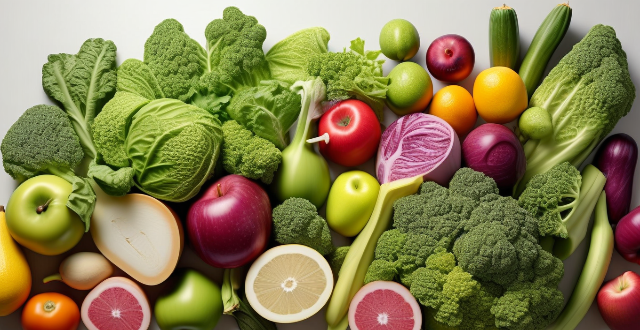
How can I improve my athletic performance through diet
Improving athletic performance through diet involves eating a balanced diet, increasing protein intake, consuming plenty of fruits and vegetables, drinking enough water, avoiding processed foods, eating before training or competition, and considering supplements. A balanced diet includes carbohydrates, proteins, and healthy fats in the right proportions. Protein is essential for building muscle and repairing damaged tissues, while fruits and vegetables are rich in vitamins, minerals, and fiber. Drinking enough water is crucial for staying hydrated during exercise. Avoiding processed foods can prevent harm to your performance and health. Eating before training or competition can provide energy and prevent fatigue. Supplements such as whey protein powder, amino acids, and BCAAs can improve performance but should be taken under the guidance of a nutritionist or doctor.

What kind of diet do celebrities follow for a healthy lifestyle ?
Celebrities often follow specific diets to maintain their health and appearance, including the Mediterranean, Vegan, Paleo, Keto, Intermittent Fasting, Juicing, Plant-Based, Clean Eating, DASH, and Mindful Eating diets. These diets offer various benefits such as weight loss, improved heart health, better digestion, and enhanced mental clarity. Celebrities like Jennifer Aniston, Beyoncé, Matthew McConaughey, Halle Berry, Hugh Jackman, Salma Hayek, Ellie Goulding, Gwyneth Paltrow, Queen Latifah, Adele, and Jennifer Lawrence have incorporated these diets into their lifestyles.
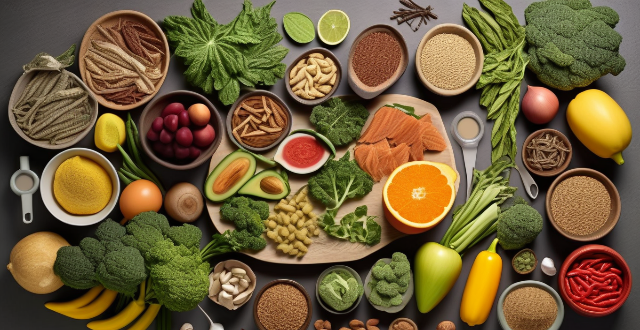
What are some strategies for eating a more plant-based diet ?
Strategies for eating a more plant-based diet include embracing whole foods, experimenting with alternative proteins, getting creative with meal planning, learning about nutritional balance, educating yourself, supporting sustainable practices, and connecting with others. These steps can help you transition to a healthier and environmentally friendly way of eating while ensuring you receive all the necessary nutrients.
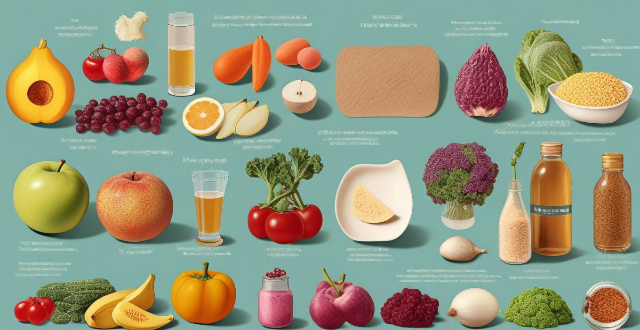
What are the potential risks associated with a high-fat diet ?
A high-fat diet, particularly one rich in saturated and trans fats, can pose several health risks. These include an increased risk of cardiovascular disease, obesity and weight gain, type 2 diabetes, liver disease, cancer, and digestive issues. It is essential to maintain a balanced diet that includes healthy fats while limiting the intake of saturated and trans fats found in processed foods and fried foods.

Which diet plans do celebrities follow to keep themselves fit and healthy ?
Celebrities are often seen as epitomes of fitness and health, inspiring millions to follow their lifestyle choices. One of the most significant aspects of their routine is their diet plan. Let's take a closer look at some popular diet plans followed by celebrities to maintain their physique and overall well-being: 1. Intermittent Fasting 2. Plant-Based Diet 3. Ketogenic Diet 4. Mediterranean Diet 5. Juicing Diet

How can women ensure they are getting enough calcium in their diet ?
Calcium is crucial for women's health, especially for maintaining strong bones and teeth. Women can ensure they are getting enough calcium by knowing their requirements, including calcium-rich foods in their diet, considering supplements if needed, and maintaining a healthy lifestyle with regular exercise and limited alcohol consumption. It's important to consult with a healthcare professional for personalized advice.
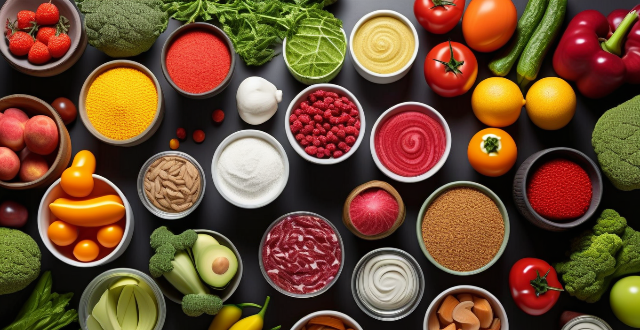
What are the health benefits of including more Chinese food in my diet ?
Incorporating Chinese food into your diet can offer a range of health benefits, including balanced nutrition, lower unhealthy fats, antioxidants and phytonutrients, heart health, weight management, digestive health, reduced risk of chronic diseases, variety and flavor. It's important to consume deep-fried items and dishes with high sugar content in moderation to fully reap the health rewards of Chinese cuisine.